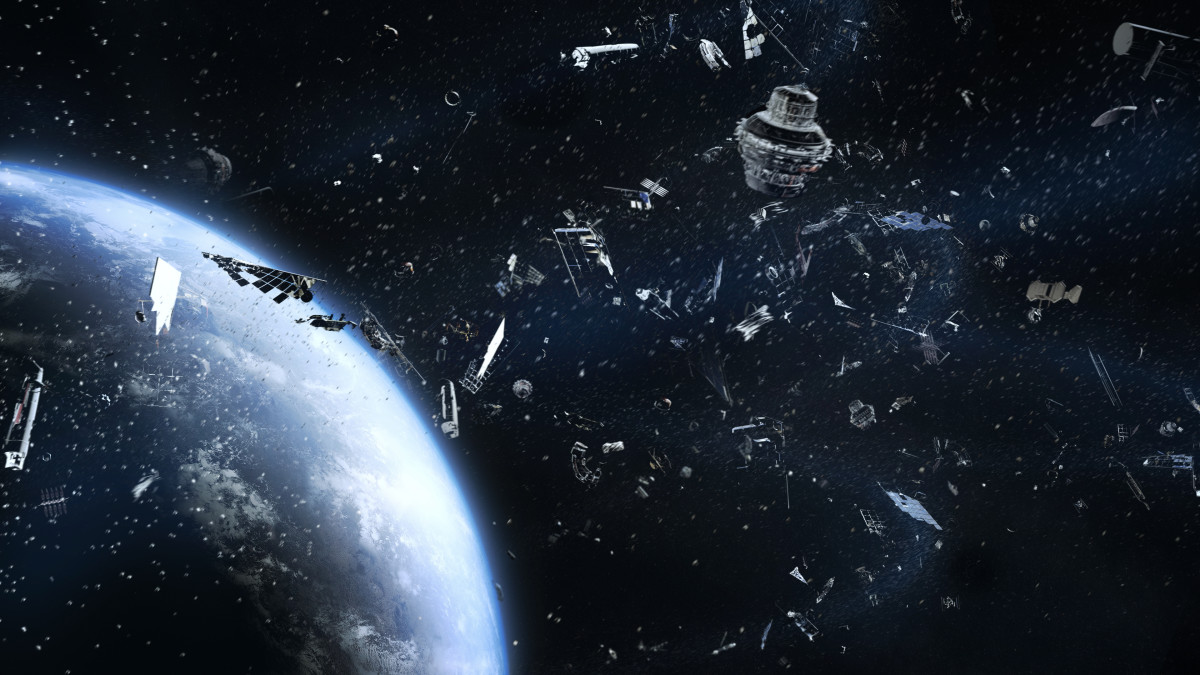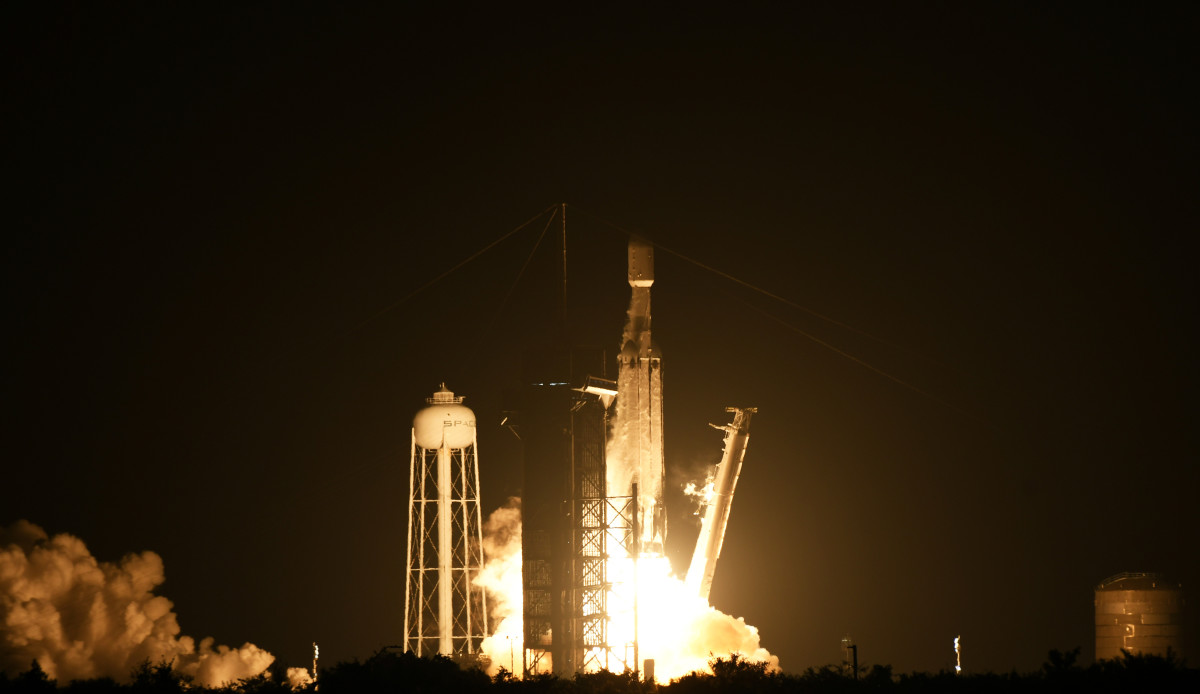
The Federal Communications Commission announced a "breakthrough" settlement Oct. 2 in its investigation into Dish's failure to properly de-orbit one of the company's satellites in 2022. The settlement, the FCC said, includes an admission of liability from Dish (DISH) -), a $150,000 penalty and an agreement to adhere to a compliance plan.
Dish launched the EchoStar-7 satellite in 2002 and, in plans filed with the FCC in 2012, said it planned to de-orbit the satellite by lifting its altitude by 300 kilometers (186 miles) by May of 2022. But, noting a lack of fuel, the company instead de-orbited the satellite by raising its altitude by only 122 kilometers (75 miles), "well short of the disposal orbit specified in its orbital debris mitigation plan."
Related: SpaceX requests special approval to take a huge step forward
“As satellite operations become more prevalent and the space economy accelerates, we must be certain that operators comply with their commitments,” Enforcement Bureau Chief Loyaan A. Egal said in a statement. “This is a breakthrough settlement, making very clear the FCC has strong enforcement authority and capability to enforce its vitally important space debris rules.”
Dish said in a statement that the FCC did not claim the satellite poses an orbital safety concern, adding that the company has a "long track record" of safely managing a large fleet of satellites.
This first regulatory action against space debris comes as the number of satellites in orbit around the planet is steadily growing; Elon Musk's SpaceX currently operates around 5,000 Starlink satellites in low-Earth orbit, with plans to multiply that number by 10. Amazon's Project Kuiper plans to launch and operate more than 3,000 broadband internet satellites in low-Earth orbit over the next six years.

There are currently about 10,500 satellites in orbit around the planet. Of those, only 8,600 are still functioning, according to the European Space Agency. The Agency estimates that there are more than 11,000 tons of space objects in orbit around Earth. More than 36,000 orbiting objects are greater than 10 centimeters in size.
These numbers have spiked recently; there were only about 2,300 active satellites orbiting Earth in 2019, according to Statista.
Related: Elon Musk is frustrated about a major SpaceX roadblock
This growth in orbiting junk increases the risks of damage to active satellites and space stations — SpaceX's Starlink satellites, a major contributor to the recent growth in orbital objects, were forced to dodge more than 25,000 times between Dec. 1, 2022, and May 31, 2023 to avoid hitting other satellites or floating space debris. That number is about double that of the previous six months.
“Orbital debris in space jeopardizes the nation’s terrestrial and space-based communication systems by increasing the risk of damage to satellite communications systems,” the FCC’s consent decree reads. “Therefore, it is important for the Commission to ensure that satellite licensees meet post-mission disposal requirements in a manner compliant with their authorizations.”
Action Alerts PLUS offers expert portfolio guidance to help you make informed investing decisions. Sign up now.







